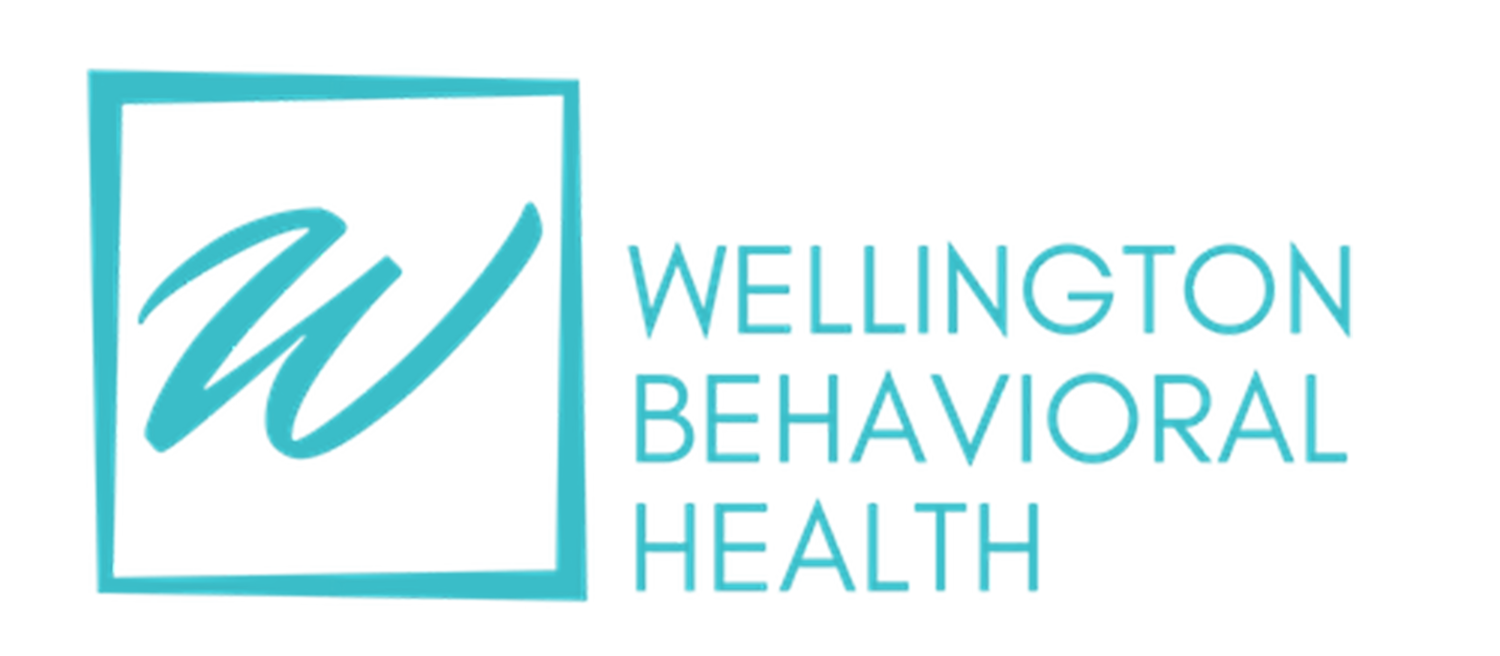As we come down from the “holiday high” and enter into a new year, it feels easier than ever to fall into a comparison trap. You know the one: You compare your everyday hustle to someone else’s highlight reel, and voices of self-doubt and failure start to creep in. You begin to question your relationship, your job, your life choices. Before you know it, you believe that the grass really is greener on the other side.
Sound familiar?
Let’s back up and define comparison.
Comparison is estimating similarities or dissimilarities between two things or people. Oftentimes, though, you’re not considering two items of equal measure. For instance, you may compare your day-to-day grind with someone else’s free time or your bad day with someone else’s best day. This unhealthy approach shifts us towards discontentment and jealousy, which can be a slippery slope to anxiety, depression, and other mental health conditions.
Now, let’s walk through an example of a comparison trap or spiral. If you’ve ever felt this way, know that you’re not alone!
You have a few free minutes and jump on Instagram. As you’re scrolling through your feed, you see a friend laughing with her family or an influencer hosting a lavish birthday celebration. Suddenly, a false belief pops into your head: I am not enough. Something is wrong with me. Then, you play the comparison game. You think, I could never feel that happy, or I could never throw a party like that. You start to feel inadequate, sad, lonely, shameful, anxious…the list goes on! As a result, you turn to an unhealthy habit for comfort or withdraw from your loved ones.
Rather than saying just stop (because we all know that’s easier said than done!), here are three alternatives to consider if you’re struggling with comparison.
1. Practice gratitude.
Next time you have a few minutes to yourself, take a deep breath and acknowledge all the good in your life. Take this exercise one step further by making it a daily habit: Start or end each day by writing in a gratitude journal. Jot down seemingly-insignificant moments that mattered to you — like your first sip of hot coffee or a wet kiss from your dog. This will help you focus on the good instead of what you’re lacking. Even better, research shows that a regular practice of gratitude is strongly linked to increased happiness, decreased anxiety, and better overall health.
2. Remove the temptation to compare.
Is there a time or place where you most often struggle with comparisons? Maybe it feels hardest in the mornings, when you often check social media during your bus commute. Or perhaps it’s in the evenings, when you unwind by playing on your phone. To start, grab a book to read on your morning ride or institute a phone-free rule from 6 to 9 p.m. If that’s not enough, delete the apps that harm your mental health. Even a 24-hour social media detox can be enough to clear your head.
3. Focus on contentment.
Use positive self-talk to combat your inner critic. Do your best to replace comparison with contentment. Rather than measure yourself against someone else, think about what’s best for you and those around you. There’s enough goodness to go around!
Discover the possibility of living a meaningful life. Discover the possibility of recovery. Reach out to Dr. Benaaz Russell, PsyD, CEDS-S, today to schedule an appointment!

